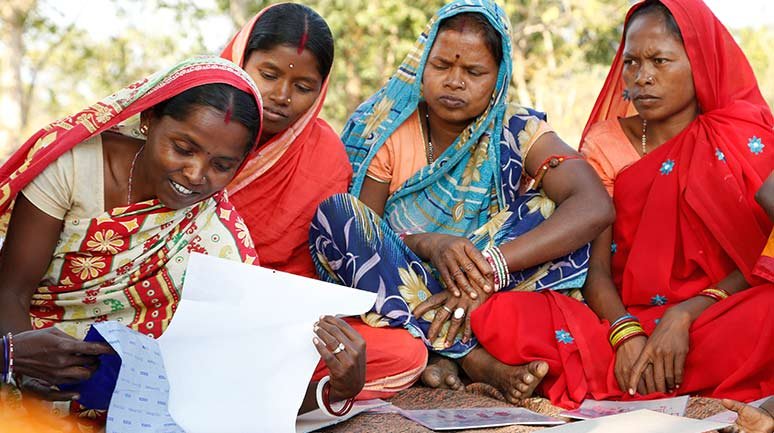Saturday, 21 February 2026

PRADAN has set a new benchmark in rural development by enabling over five lakh low-income households to surpass Rs 1 lakh in annual earnings in FY25, signalling a decisive shift from subsistence livelihoods toward income security and climate-aligned growth. Operating at the intersection of social mobilisation and enterprise development, the organisation directly engaged more than 8.25 lakh families as part of a wider ecosystem that now reaches 25 lakh households with improved, locally viable livelihood opportunities.
This impact is not incremental—it is structural. Among the households that have moved beyond the Rs 1 lakh threshold, nearly 66,000 have crossed Rs 2.5 lakh annually through high-return diversification models, showcasing a pathway where small farms can withstand market volatility and climate shocks while generating sustained prosperity. The gains are anchored in crop value enhancement, irrigation expansion, and regenerative water-soil practices that reduce risk and amplify productivity across some of India’s most climate-vulnerable geographies.
Women’s leadership is emerging as the economic catalyst behind this transformation. PRADAN has promoted 93 women-run Farmer Producer Organisations with 1.43 lakh shareholders—supported by an additional 69 collectives through partnerships—building market-oriented institutions with a combined annual turnover of Rs 120 crore. These FPOs are not just aggregating produce; they are negotiating better prices, professionalising supply chains, and driving formal market participation for previously excluded rural producers. This shift signals a deeper redistribution of power—where women are redefining local commerce and economic decision-making.
PRADAN’s Agriculture Production Cluster model has become the operational backbone for scaling these outcomes. Over 9,600 producer groups and 8.13 lakh households are now integrated into stronger agri-value chains in close coordination with State governments. The programme expands access to irrigation, soil-moisture management, and extension services, enabling communities to scale cultivation of pulses, oilseeds, vegetables, and orchard crops—strategic transitions aligned with nutritional demand, climate resilience, and higher market value.
At its core, this progress advances a different philosophy of rural transformation—one grounded in local institution-building, stronger community capabilities, and economic dignity. PRADAN views income not merely as a financial metric but as an enabler of resilience, social inclusion, and long-term wellbeing. The organisation’s Perspective Plan 2030 lays out a bold mandate: to reach 50 million lives by the end of this decade, positioning rural citizens as co-architects of a more equitable and ecologically sustainable future.
As India looks to accelerate inclusive growth in its heartland, PRADAN’s work demonstrates that rural economies can shift from vulnerability to value creation—when markets, resources, and agency are placed firmly in the hands of the communities that sustain them.